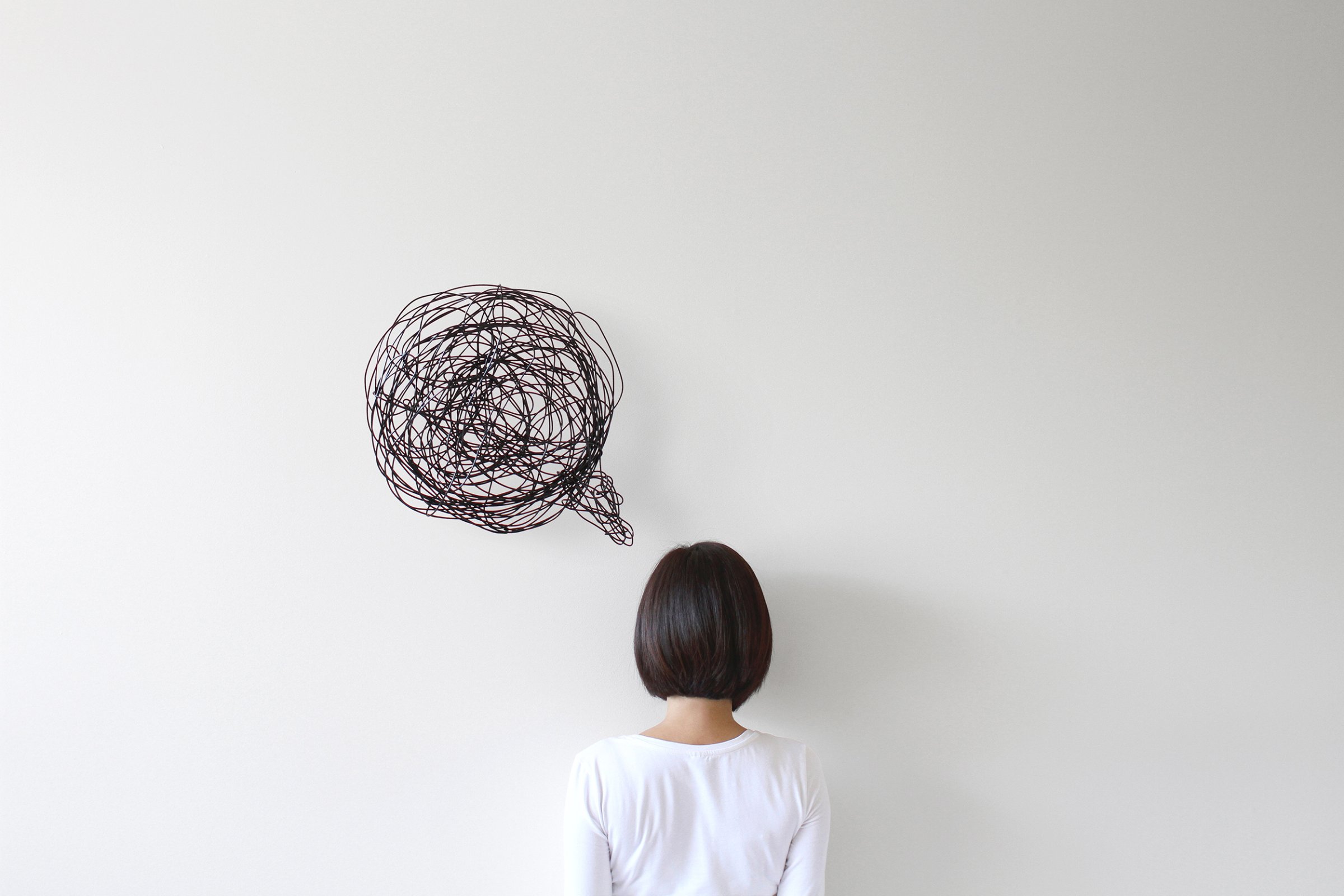
If you see a therapist for anxiety or a phobia, you might make more progress in sessions scheduled for the morning hours. Cortisol, a hormone that regulates stress and fear, is highest at this time of day—and a new study suggests this could make a real difference in overcoming emotional difficulties.
The new research, conducted by researchers at Southern Methodist University and the University of Michigan, focused specifically on a treatment known as exposure therapy. During exposure therapy, patients work with mental-health professionals to put themselves in situations that would normally cause panic or fear. The goal, with repeated exposures, is to diminish those stress responses over time.
“For example, a patient may think that standing in an elevator could cause him or her to lose control or faint, suffocate, or may create physical symptoms that would be intolerable,” explained Alicia E. Meuret, PhD, director of the SMU Anxiety and Depression Research Center, in a press release. “By having them stand in an elevator for a prolonged time, the patient learns that their feared outcome does not occur, despite high levels of anxiety. We call this corrective learning.”
Not all patients benefit equally from exposure therapy, though. And Meuret and her colleagues suspected the hormone cortisol—which is thought to help suppress distressing memories and facilitate corrective learning—may influence how its effectiveness varies from person to person. They knew that cortisol levels tend to be highest early in the day, so they set out to test whether morning sessions worked better to help people overcome their issues.
Their study involved 24 people with panic disorders and agoraphobia, a fear of public places. The men and women received weekly sessions over three weeks, during which they were exposed to situations such as tall buildings, highways, elevators, supermarkets, movie theaters, and public transportation.
Overall, the participants showed improvement no matter what time of day their sessions were held. But, as suspected, they made the biggest gains during appointments that started earlier in the day.
When patients came back the week after a morning session, they scored lower on measures of threat misappraisal, avoidance behavior, and panic symptom severity. They also felt that they had greater control over their panic symptoms.
The authors point out that factors besides cortisol levels—like natural circadian rhythm or quality and quantity of sleep—could certainly influence the effectiveness of early-morning therapy.
But higher cortisol levels were also related to better outcomes in the study—above and beyond the time-of-day effects. (Saliva samples were taken during each session.) This suggests that the hormone is at least partially responsible for the a.m. bump, they say.
Drugs to mimic cortisol’s fear-extinction powers are being investigated, says Meuret, but so far they’ve produced mixed results. For now, she offers another suggestion. “The findings of our study promote taking advantage of two simple and naturally occurring agents—our own cortisol and time of day.”
The study, published in the journal Psychoneuroendocrinology, notes that it’s not always possible to schedule therapy sessions for the morning. But exposure therapy also involves “homework” between meetings, the authors say, which can be practiced with more flexibility.
Meuret also cautions that her study looked at a very specific type of psychotherapy. Without further research, she can’t speculate how much the findings would apply to other types—like cognitive-behavioral therapy (CBT, sometimes known as talk therapy) held in a practitioner’s office.
But she does say that most therapies for anxiety “target the learning of new and corrective information,” and that’s a good sign.
“Our data, along with data from learning and memory studies, suggests that there should be a benefit in practicing CBT skills in the morning hours,” she told Real Simple, although studies are needed to confirm this idea. “Evidence-based psychotherapy is about learning of new information, and memory studies generally suggest that learning is better in the morning.”
This article originally appeared on RealSimple.com
More Must-Reads From TIME
- The 100 Most Influential People of 2024
- The Revolution of Yulia Navalnaya
- 6 Compliments That Land Every Time
- What's the Deal With the Bitcoin Halving?
- If You're Dating Right Now , You're Brave: Column
- The AI That Could Heal a Divided Internet
- Fallout Is a Brilliant Model for the Future of Video Game Adaptations
- Want Weekly Recs on What to Watch, Read, and More? Sign Up for Worth Your Time
Contact us at letters@time.com